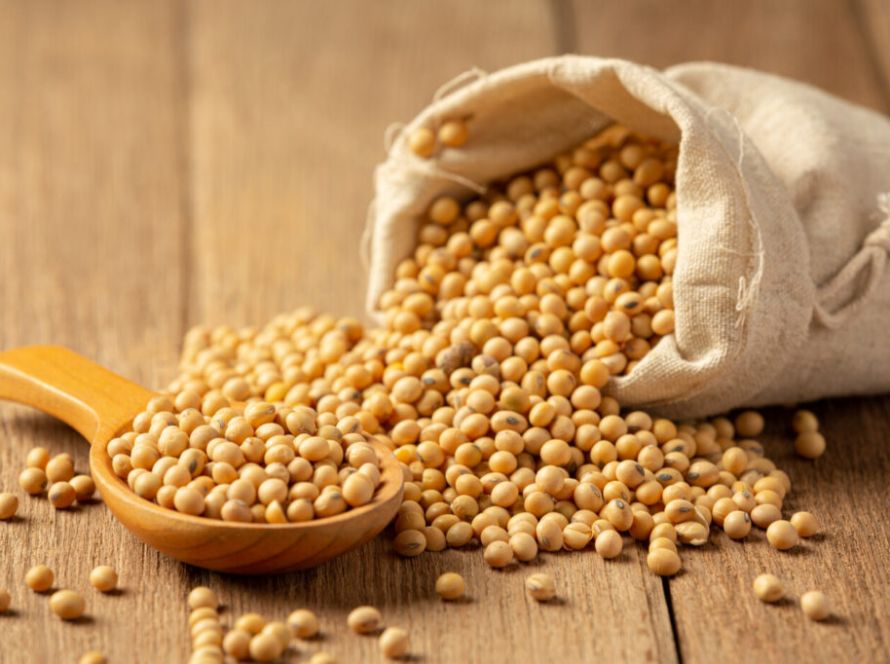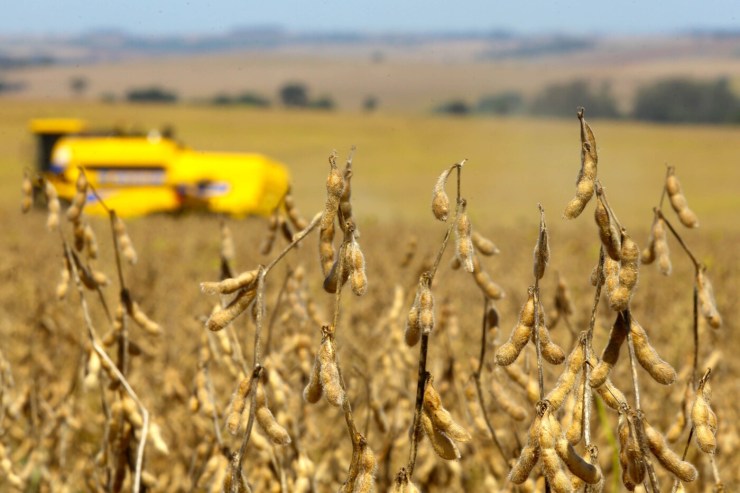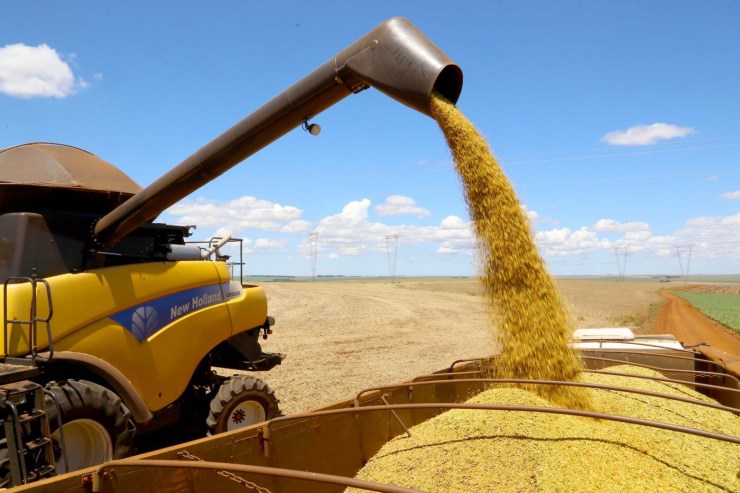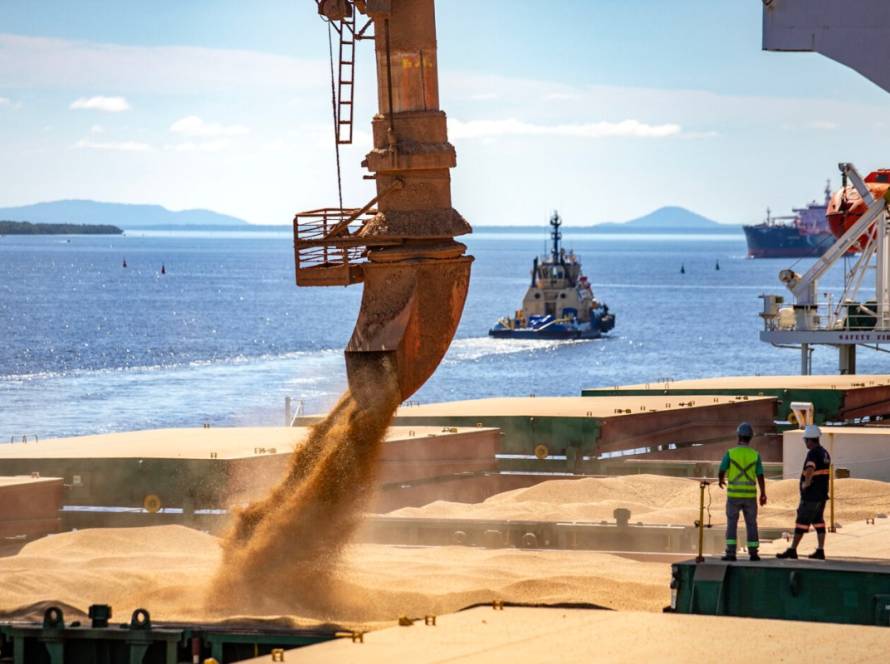The Faep System's Technical Committee (CT) for Cereals, Fibers and Oilseeds met this Wednesday (16) to discuss the standardization of the classification of soybeans and other grains. The meeting, held virtually, covered topics related to compliance with existing standards and the definition of new official methods throughout the country, involving technical criteria for achieving discounts in payments to producers.
The idea is to bring greater transparency to the analyses performed on shipments of soybeans and other products when the harvest is delivered to cooperatives and cereal producers. "We are addressing an issue that directly impacts the income of rural producers. We need clear and standardized rules that ensure transparency and avoid distortions in the grain classification process," stated Ágide Eduardo Meneguette, interim president of the Faep System.

Photo: Freepik
CT President José Antonio Borghi also highlighted the relevance of the topic, given that each company currently has its own analysis criteria. "We decided to focus exclusively on this topic at this meeting to arrive at solutions that provide greater clarity in the classification of our crops. It's an extremely important topic for the advancement of agricultural production," Borghi noted.
To help understand the state of the national debate on the topic, the meeting was attended by André Dobashi, president of the National Commission for Cereals, Fibers, and Oilseeds of the Brazilian Confederation of Agriculture and Livestock (CNA). "The Normative Instruction [IN] that regulates this issue is old and does not make it mandatory for all soybean operations, only for imports, human consumption, or government purchase and sale transactions. We know that, in practice, it is up to the buyer to decide whether or not to classify according to these standards," Dobashi commented.
Debate
During the meeting, rural leaders representing Paraná's main producing regions were able to share their views on the matter. Questions arose on several aspects, such as the type of equipment that could be used to automate sorting, unclear analysis and billing criteria, and equations for determining a fair discount for moisture standardization, among others.
The opinions were collected and systematized by the Faep System as contributions to the development of a new Normative Instruction. Discussions to develop this document are ongoing in Brasília, organized by the Ministry of Agriculture and Livestock (MAPA). The entire process continues to be closely monitored by both the Faep System and the CNA to ensure representation of rural producers on this issue.





